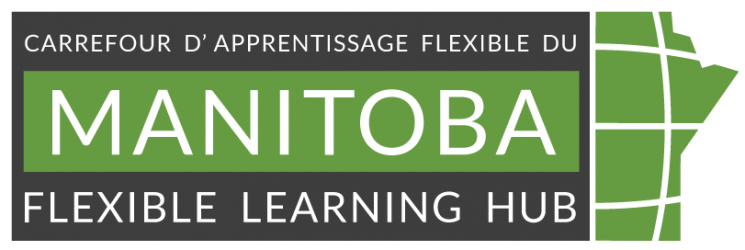
Image by kate_sept2004 from Getty
Upcoming events, workshops, and webinars
Content reviewed:
Teaching and learning focused on online, blended or distributed workshops, webinars, panel discussions, and other professional development events MB Hub has gathered for our membership. We have highlighted events from Partner institutions and organizations such as Educause and Quality Matters and sibling organizations from Canada (BC Campus and Contact North | Contact Nord).
Panelists
Valeria Cortes – Royal Roads University BC, pre-record video segment session
Nora Sobel – Red River College Polytech
Sharmila Vijayann – University of Manitoba

Get these events in your inbox
Stay current on resources, upcoming workshops or events for instructional staff by signing up for the bi-monthly MB Hub newsletter.
